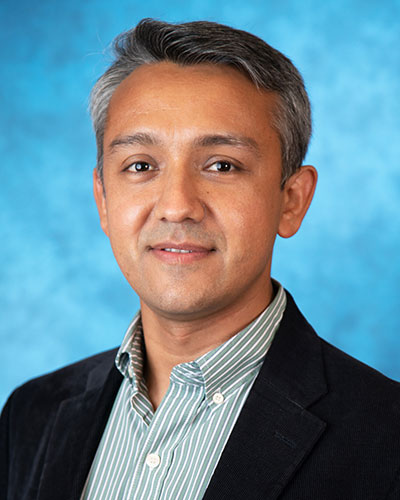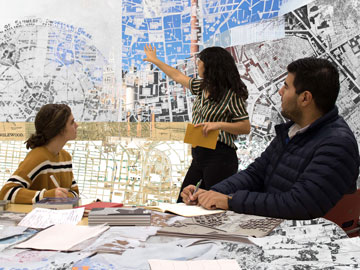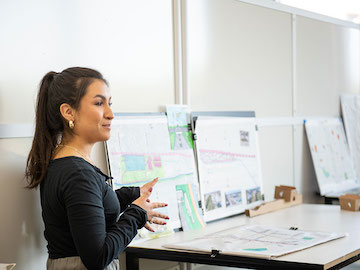Welcome to the Urban and Regional Planning (URP) Program at UTSA!
Our mission is to prepare planners to meet known and emerging urban and regional challenges, inspired by our values of collaboration, innovation, and inclusiveness.
We offer 3 graduate degrees: A Master of Science in URP, a URP Professional Certificate and a Dual Degree Master of Science in URP and Master of Architecture. The Master of Science of Urban and Regional Planning is an accredited program through 2031 by the Planning Accreditation Board
Additionally, our faculty are engaged in the production of new scientific knowledge towards alleviating urban challenges and creating better places to live.
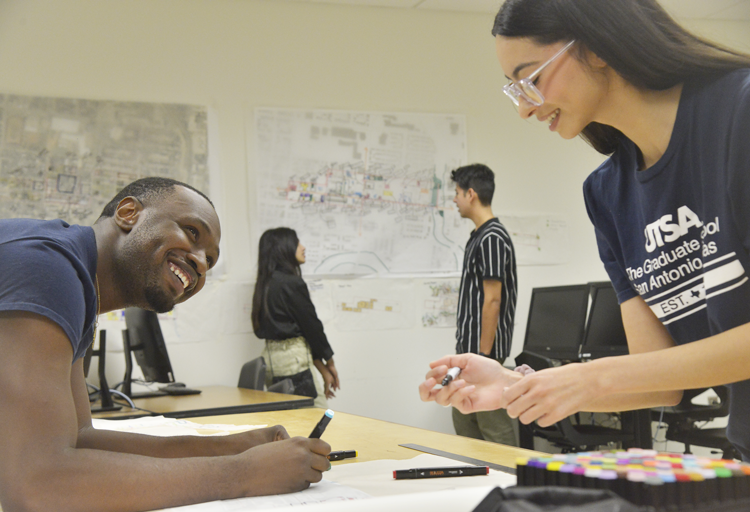
We collaborate with the Center for Urban and Regional Planning Research and the Sustainable Pervasive Urban Resilience (SPUR) Center, to disseminate and articulate our research projects. All URP students have the opportunity to engage with research projects, directly working as Graduate Research Assistants, or as part of their classroom.
Programs and Resources
Discover what it's like to be an urban and regional planning student by exploring our degree programs, curriculum maps, certificate programs, and student work. Explore our studio experiences, signature projects, student portfolios, and achievements. Learn about our accreditation and see the possibilities of our state-of-the-art Makerspace.
Degree Programs
View Programs and DegreesStudent Handbook
View the URP Student HandbookStudent Work
View Samples of our Student WorkStudent Success
Explore Student SuccessURP Computer Lab
GIS and Computer Programming Optimized EquipmentAccreditation
Planning Accreditation Board InformationScholarship Hub
Find Scholarship OpportunitiesNungesser Endowment
Urban & Regional Planning Programs
Explore our program below
Urban and regional planning at UTSA prepares planners to meet known and emerging urban and regional challenges, inspired by our values of collaboration, innovation, and inclusiveness.
TSA Urban and Regional Planning is a full member of the American Planning Association (APA), which includes free student memberships. The Urban Planning Student Association at UTSA is a registered planning student organization with APA.
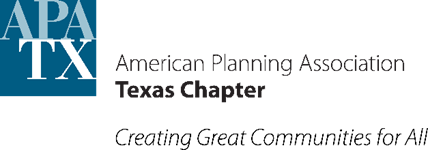
The program is also a member of the Association of Collegiate Schools of Planning (ACSP), which connects educators, researchers, and students, to advance knowledge about planning education and research. View the list of member schools .

Planning Accrediation Board ( PAB) awarded Candidacy Status to our MSURP through December 31, 2024, while the program is considered for full accreditation. Students who graduate after the beginning of the fall term of the academic year in which the site visit occurs for a program subsequently granted accreditation shall be considered to have graduated from an accredited program.


